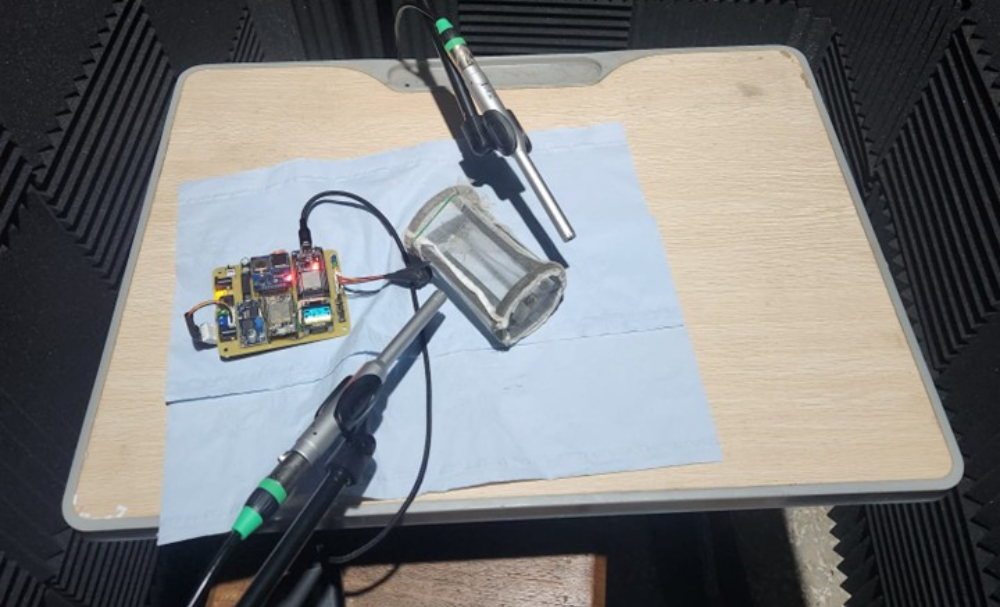A team of researchers at the Kwame Nkrumah University of Science and Technology (KNUST), Kumasi is using artificial intelligence (AI) to analyse mosquito wingbeats, an innovative approach that could revolutionise disease surveillance and prevent outbreaks.
Vector-borne diseases such as malaria, yellow fever, and dengue claim thousands of lives in Ghana annually.
By monitoring mosquito populations in real time through AI, the KNUST team aims to provide health officials with early warnings, enabling faster, data-driven interventions to curb outbreaks.
The core innovation lies in their AI software, which uses machine learning models trained on mosquito wingbeat sounds to classify species, sex, and age with 96.79% accuracy. This precise data is crucial as different mosquito species transmit different diseases.
Dr. Kingsley Badu, the project’s lead investigator, said early detection could control pandemics. He added that Ghana's health system often reacted to outbreaks too late, and AI offered a chance to act proactively before disaster struck.
The biosensor device, designed and built at KNUST, demonstrated local innovation. Dr. Akyana Britwum, a physics lecturer on the team, explained that their personal experiences with malaria motivated them to build the device.
The project receives funding from Canada and the UK, forming part of a wider $7 million global initiative. KNUST's AI-powered sensors are expected to be deployed in other countries, including Peru and the Philippines, to track diseases like dengue fever.
The team is also integrating climate data, such as humidity, rainfall, and temperature, to enhance outbreak prediction accuracy. Additionally, they are developing a mobile application to broaden mosquito identification efforts, allowing anyone with a smartphone to contribute to disease surveillance.
| Story: Emmanuel Kwasi Debrah (URO) | |


















